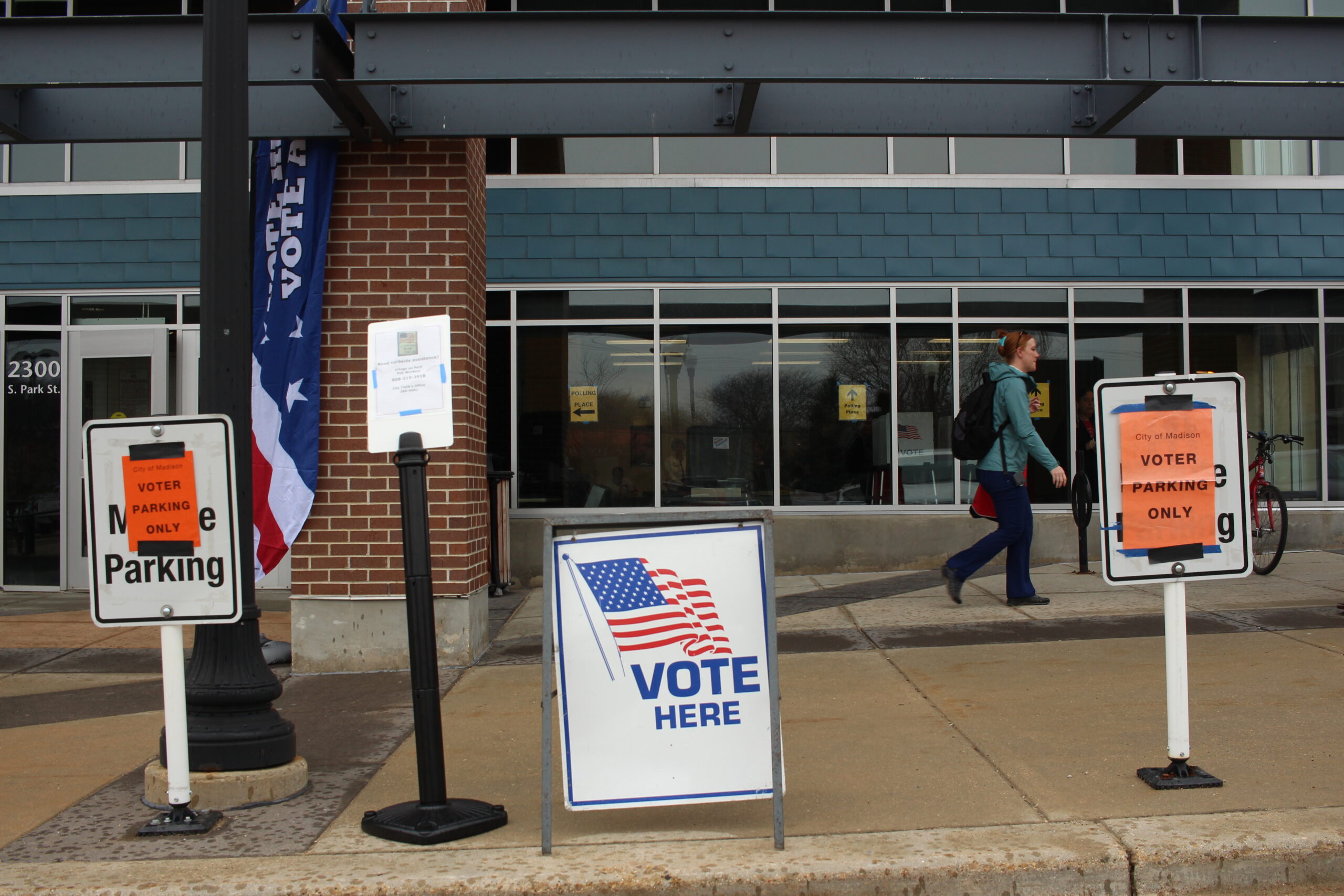A group of voting rights advocates filed a lawsuit Tuesday against the Wisconsin Elections Commission (WEC) seeking to allow voters with disabilities to cast and submit absentee ballots electronically.
The lawsuit argues that while all Wisconsin voters have the right to a secret ballot, the law banning electronic voting denies that right to voters with disabilities, some of whom need an assistant to read and mark a traditional paper ballot.
“Because these voters can only vote absentee using a paper ballot, they are required to select an assistant to read and mark their ballot on their behalf,” states the lawsuit, filed Tuesday afternoon in Dane County Circuit Court. “In doing so, voters with disabilities are forced to give up their independence and privacy, share their vote, and trust that their ballot will be marked accurately, waiving their constitutional right to a secret ballot that is not required of voters without disabilities.”
The lawsuit was filed by the Wisconsin Disability Rights Association, the League of Women Voters of Wisconsin, and four disabled voters (two who are blind, one who has cerebral palsy, and one who has spinal muscular atrophy).
The WEC has repeatedly acknowledged that the current system does not provide blind or low-sighted voters with a way to independently cast an absentee ballot. The lawsuit alleges that because this remedy is not in place, Wisconsin voting law requires that voters with disabilities “waive” their constitutional right to a secret ballot in order to exercise their right to vote.
“The inability to vote secretly absentee may lead some Wisconsin voters with disabilities to abandon voting altogether, particularly those whose disabilities prevent them from voting in person,” the lawsuit states. “These obstacles are not merely an oversight; they are the result of a legislative choice that unfairly protects the right of non-disabled voters to vote secretly absentee while requiring some voters with disabilities to waive that same constitutional right or waive their absentee voting right altogether.”
Before 2011, city clerks could distribute electronic absentee ballots by email, but a law passed that year limited that option to only military and overseas voters. A previous attempt to overturn the law in federal court failed in the 7th Circuit Court of Appeals, but that case focused on the law’s impact on domestic travelers and students, not voters with disabilities.
Get morning headlines delivered to your inbox
subscribe

